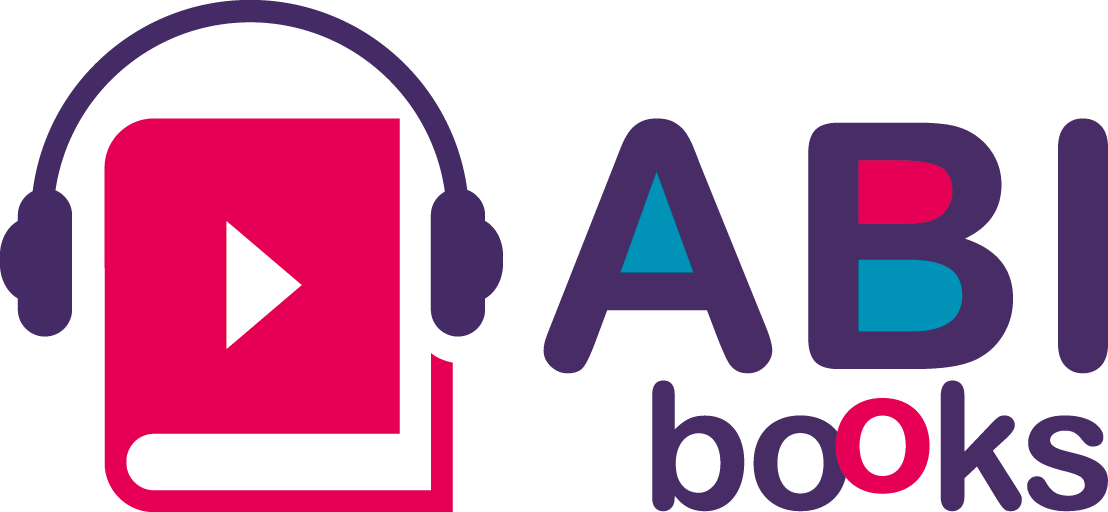Reading aloud to children from an early age is a very engaging activity and strengthens the adult-child relationship. Pediatricians indicate that shared reading during the first three years of life is the most important thing parents can do to support the child’s cognitive and emotional development. A child who receives daily readings will acquire a richer vocabulary, will have more imagination, will express himself better and will be more curious to discover the world. This also emerged from a research conducted in 2019 by the University of Perugia in collaboration with editor Giunti Scuola.
Reading is enjoyable, it creates the habit of listening, increases the attention span and increases the desire to learn to do it independently when the child gets older.
The main reasons to read aloud are:
- To stimulate and enriches language.
- To develop the child’s social and cognitive skills.
- To build a bond between adult and child.
- To create empathy.
- To promote the development of creativity and curiosity.
A national research, within the “Leggimi ancora” project, has shown that daily reading aloud at school produces positive effects on comprehension and cognitive skills indispensable for learning.
Reading aloud also promotes the development of relational and affective skills, essentials for the linguistic and emotional development. Listening to one’s voice is an aid in strengthening self identity as it increases self-awareness.
In this context, the use of the digital book as an ‘autonomous’ reading possibility is inserted even for children at a very young age who have the opportunity to select and listen to the reading of the book through a narrating voice.
Childs, using the digital book independently, can exercise choices and express preferences: the interactive aspect allows, in fact, to select what they considers pleasant to listen to and listen to it again countless times and doing this ignite their curiosity.
Hearing the voice, stimulates thinking, has a consoling and reassuring power, expands vocabulary, stimulates phonetic and pronunciation skills, improves writing and memory skills.
In the creation of the digital book it will therefore be essential to use a musical and pleasant, captivating and engaging narrating voice that allows the child to experience sensations and emotions also through the use of a particular language that contains rhymes, sounds and onomatopoeias often connected to physical actions or sensations.
The child who, listening to the adult’s voice, begins to familiarize himself with the book, touching and turning the pages, shows interest and has therefore entered into a relationship with both the adult and the object. In the same way, the use of the digital book allows the child from the very early childhood, to have a multisensory experience and to immerse himself in a total way in the world of the book.
